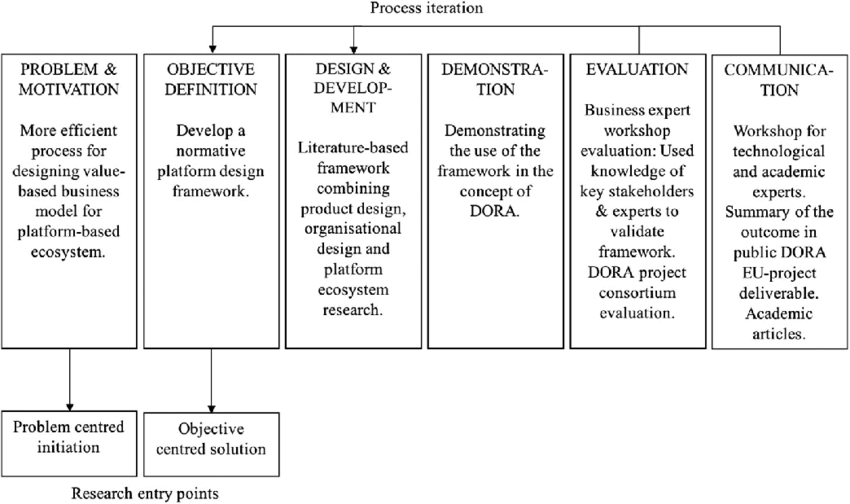
The Applied Research module is designed to provide students with a comprehensive understanding of the principles, techniques, and processes involved in conducting rigorous research across various disciplines. It offers an overview of both quantitative and qualitative research methods. The course covers the essential steps and processes of conducting applied economic research, equipping students with the skills needed to to structure research projects, collect and analyze data, and communicate their findings within the context of economics
Econometrics uses economic theory, mathematics, and statistical inference to quantify economic phenomena. In other words, it turns theoretical economic models into useful tools for economic policymaking. The objective of econometrics is to convert qualitative statements (such as “the relationship between two or more variables is positive”) into quantitative statements (such as “consumption expenditure increases by 95 cents for every one dollar increase in disposable income”).
Upon successful completion of this unit, students will be able to:
(1) Construct, test, and analyze econometric models;
(2) Collect, organize, and analyze economic data, and interpret results from statistical analyses;
(3)Identify the desirable properties of estimators;
(4)Apply the program (EView, Stata, or R) in regression analyses of empirical data.
(5)Apply qualitative response regression models
(6)Introduction to time series model building and forecasting
(7) Identify and estimate autoregressive integrated moving average (ARIMA) models and obtain forecasts of economic variables;
(8) Introduction to panel econometrics models
- Teacher: Fabrice NKURUNZIZA
Explore the fundamental principles of Econometrics in this comprehensive introductory course. Econometrics, the intersection of economics, mathematics, and statistical analysis, equips students with the tools to analyze real-world economic data and uncover meaningful insights. Through a balanced blend of theoretical concepts and practical applications, students will develop the skills necessary to model, estimate, and interpret economic relationships, while addressing issues of causality, endogeneity, and multicollinearity. Topics covered include regression analysis, hypothesis testing, model selection, time series analysis, and the application of econometric software. By the end of the course, students will possess the analytical acumen to assess economic theories empirically, make informed policy recommendations, and contribute to rigorous economic research. Whether aspiring economists, policymakers, or researchers, participants will gain a strong foundation in econometrics to navigate the complexities of quantitative analysis in economics.

